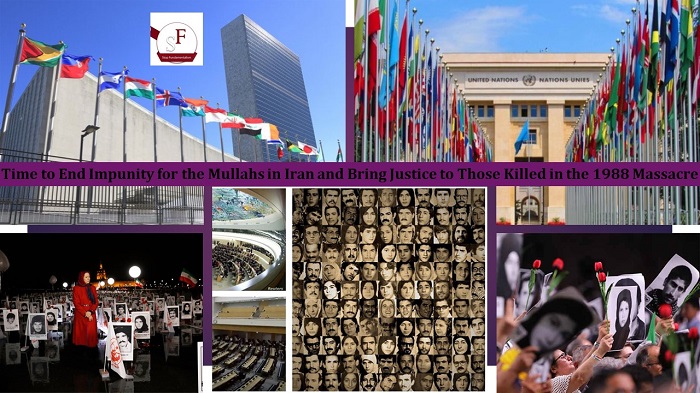
The human rights situation in Iran has been appalling for decades, and it continues to degrade. There have been countless executions of political prisoners over the years, with the 1988 Massacre being the biggest mass execution. During the summer of 1988, the Iranian regime executed more than 30,000 political prisoners, many of whom were members or supporters of the People’s Mojahedin Organization of Iran (PMOI / MEK Iran).
The regime’s corruption and mismanagement have destroyed many lives in Iran and the absolute poverty category continues to grow bigger and bigger.
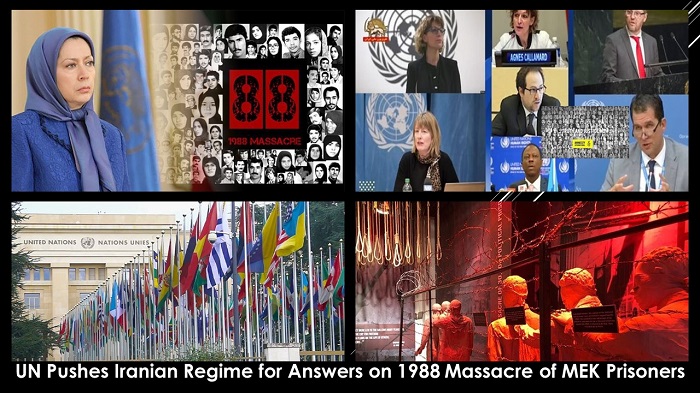
Over much of the past year, the Coronavirus pandemic has touched the lives of millions across the globe. Over 198,900 people have died of the novel coronavirus across Iran, according to reports by the Iranian opposition The National Council of Resistance of Iran (NCRI), and the People’s Mojahedin Organization of Iran (PMOI / MEK Iran).
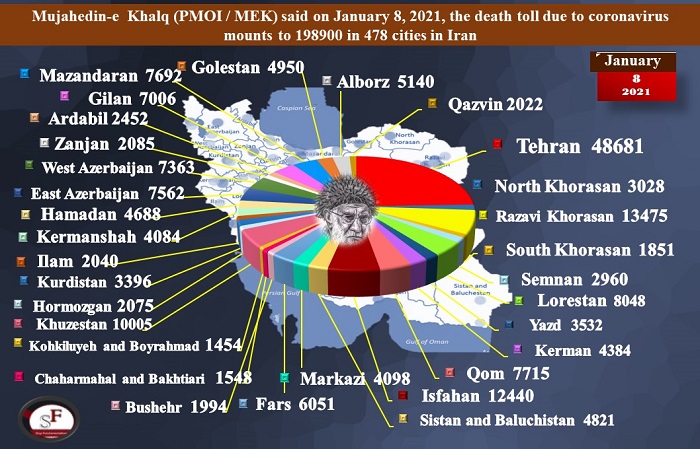
Governments have made difficult decisions to protect the lives of their people, but also have put many measures in place to shield them from the harsh economic consequences. The Iranian regime, on the other hand, has not only failed to protect the people of Iran from the virus, but it has completely mishandled the situation meaning that the economic consequences have been devastating for many.
In November 2019, the people of Iran were disgusted by the regime’s huge hike in fuel prices and protests broke out across the country with great speed. The protests turned into a major uprising and the regime was taken by surprise. It responded with violence and brutality, with its security forces killing 1,500 protesters, seriously injuring 4,000 more, and arresting thousands more.
Reuters confirmed in a special report on December 23, 2019, about the deadly crackdown on November nationwide protests in Iran the death toll of 1500 that was announced by the People’s Mojahedin Organization of Iran (PMOI / MEK Iran) on December 15, 2019.
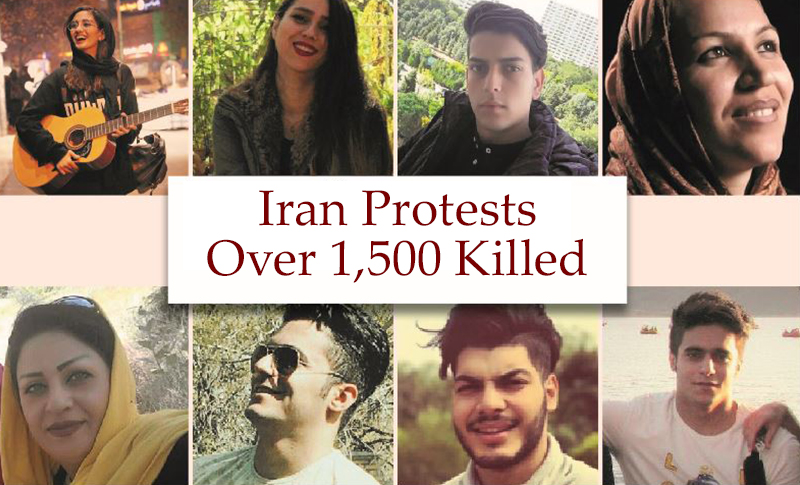
The regime used the Coronavirus pandemic to control the people even more, with the Supreme Leader even describing it as a “blessing”.
The regime has made it very clear that it has no regard for international norms and global standards when it comes to humanitarian issues and human rights. Medieval methods of torture and punishment are still used. For example, thieves have had their hands or fingers amputated, people are still stoned and executions, even of minors, continue to this day. Ironically, the regime will amputate the hands of thieves while it plunders the wealth of the people.
State media outlets have been warning that another uprising is imminent. Many countries have condemned the Iranian regime for its violations of human rights but as EU foreign policy chief Josep Borrell pointed out, condemnations have no effect on the mullahs.
Seven United Nations experts have spoken out about the 1988 massacre, explaining that the international community’s failure to act has “had a devastating impact” not just on the survivors and the families of the victims, but also on the “general situation of human rights in Iran”. They said it has emboldened the regime.
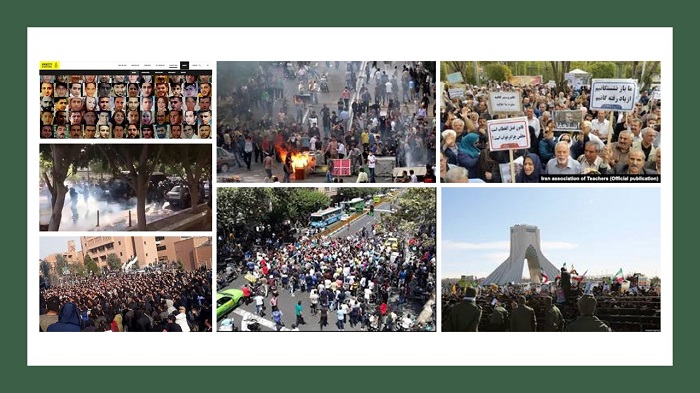
The EU, as a defender of all rights, needs to be decisive and make it clear that human rights violations will not be tolerated. Individuals that have participated or instigated human rights abuses in the past should be sanctioned. But most of all, relations with Iran should be contingent on a complete halt to the regime’s abuses against its own people.
and People’s Mojahedin Organization of Iran – MEK IRAN – YouTube







